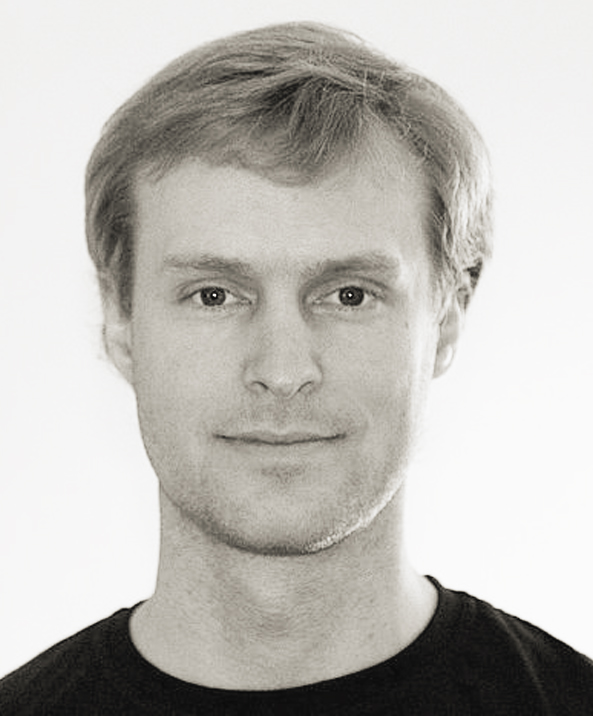Collective Behaviour - Summer Seminar Series 2022
The Honeybee’s Polarization Compass-Dance Away the Indecision

Speaker:
James Foster, Neurobiology Department, University of Konstanz
This event is part of an event series „CASCB Seminar Series Summer 2022“.
Honeybees rely on skylight polarization as part of their solar compass system, allowing them to orient when the sun itself is blocked from view. To resolve ambiguity in individual patches of skylight, they can also integrate information from different sky regions, obtaining a robust compass reference. To date, it remains unclear how this information is integrated, in particular, how the unreliable and conflicting information from different regions is combined. One overlooked factor may be the influence of sensitivity, signal-strength and estimated reliability on the weighting of each region in this process.
I present data from ongoing behavioural experiments, designed to determine how the different qualities of polarized light affect its interpretation. By recording the waggle dances performed by returning foragers, it is possible to quantify how different artificial sky stimuli affect their orientation performance. I set out to measure the functional range of the honeybee’s polarization compass, with reference to measurements of real-world polarized skylight performed during experiments. This forms part of a larger project, aimed at developing an anatomically-plausible computational model for the honeybee’s polarization compass.
James Foster did his B.Sc. in Zoology and Master of Research in Vision Science at the University of Bristol, UK. During his PhD in „Functions of Animal Polarization Sensitivity at University of Bristol, he demonstrated the ability of bumblebees to learn, and actively choose, patterns of polarization associated with food rewards—revealing a new channel for plant–pollinator communication (Foster et al., Curr. Biol., 2014). During his postdoc at Lund University, he investigated the visual compass cues used by nocturnal dung beetles, establishing methods for quantifying these cues and identifying the features critical for orientation accuracy. In 2020, James became a research fellow at Julius-Maximilians-Universität Würzburg, Germany. In April 2022, he is newly joining the neurobiology department at University of Konstanz and CASBC as an affiliate member. James´s research focusses on how animals perceive and respond to polarized light, a property of light imperceptible to humans that nonetheless guides the behaviour of many animal species. His current research uses the “waggle dances” of honeybees to investigate compass navigation.
Datum: 2022-04-28
